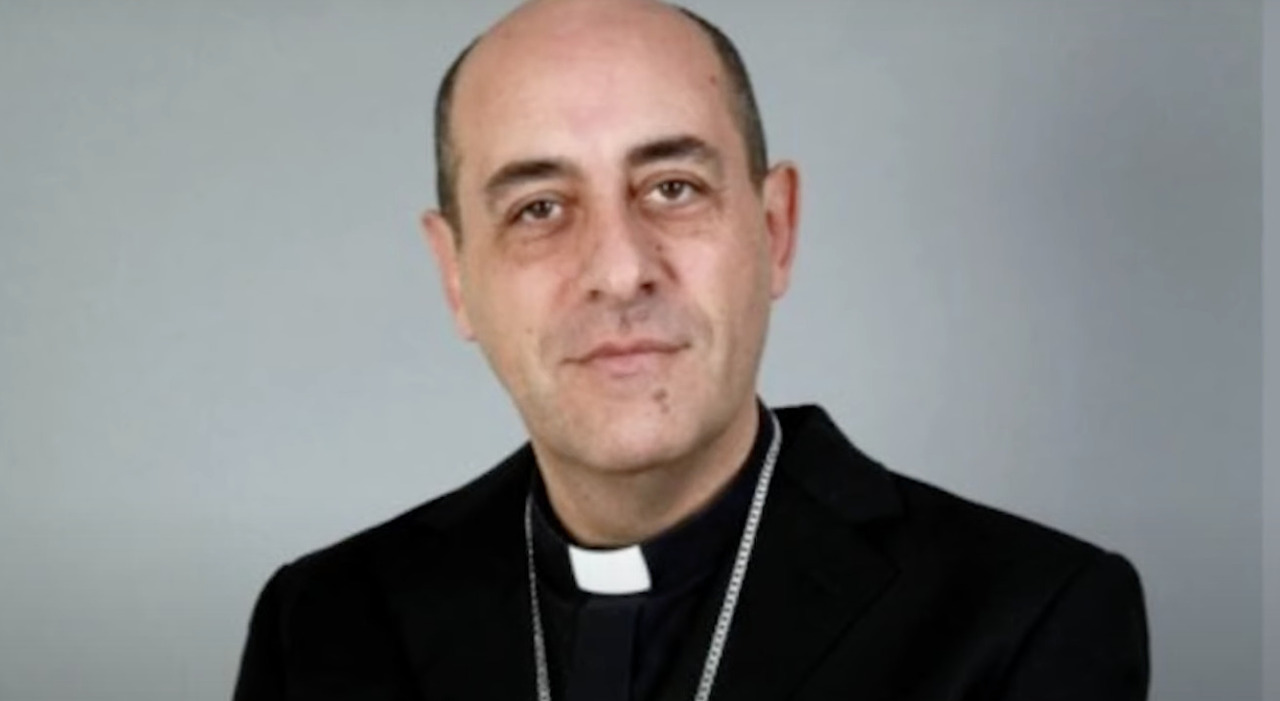Monday 8 April 2024, 15:09 - Last updated: 15:12
The polls seem to agree with Pope Francis when he "decided to expand the concept of blessing outside the liturgical context to develop its pastoral richness". The surveys conducted on the approval for blessings to gay couples show percentages close to 75 percent among young people under 35 years old. Only a minimal percentage is against it. After months of fierce internal criticism within the Church for the publication of the highly contested Fiducia Supplicans, Cardinal Manuel Fernandez, prefect of the Dicastery for the Doctrine of the Faith, wanted to clear the air during the press conference of a new papal document, this time dedicated to human rights, to clarify that never before had a papal document received so much attention. The Fiducia Supplicans, in fact, has reached a record of about 7 billion views on the web in these months. "How many other documents do we not even remember the name of?" he repeated. Fernandez did not want to reveal who conducted the surveys. He cut it short: "they were done by agencies outside the Vatican and they shared them".
The blessings to gay couples, he added, "do not justify, do not sanctify, do not approve, and do not consecrate anything: they are just a prayer of the minister to express God's help to these people to continue living. These pastoral blessings, which are outside of a liturgical context, do not require moral perfection to be received. While the practical application may be different, depending on the different bishops, what is called to support anyway is that there are these types of blessings that do not have the same requirements of the liturgical context".
On the controversies: "Some ministers do not like this - he emphasized -, but Pope Francis wanted to broaden our understanding, and he has the right to do so. It is a minor issue, compared to those contained in the Declaration we present today, but it is something that was not explicit in the magisterium". Naturally, the Pope never speaks "ex cathedra, and he will not want to create a dogma of faith or a definitive statement", Fernandez assured. If anything, "he just wants to guide and enlighten the Church as is his role".
Fernandez then made it clear that "gay marriage does not seem acceptable". What the Church is interested in is its human dignity. He thus recalled that in many countries of the world there are laws that criminalize homosexuality with exemplary penalties, even with the death penalty. For example, in Uganda where the legislation was recently tightened with the introduction of a specific crime, aggravated homosexuality. "These are unjust laws". He was also "astonished" when he read the favorable reaction and support of groups of Catholics in agreement with certain exemplary penalties for homosexuals. "The Vatican is for decriminalization". As for the changes to the Catechism in the part related to homosexuality, Fernandez hopes to find a clearer expression than what appears now and is at the center of many protests: "an intrinsically disordered activity".
© ALL RIGHTS RESERVED
This article is automatically translated
